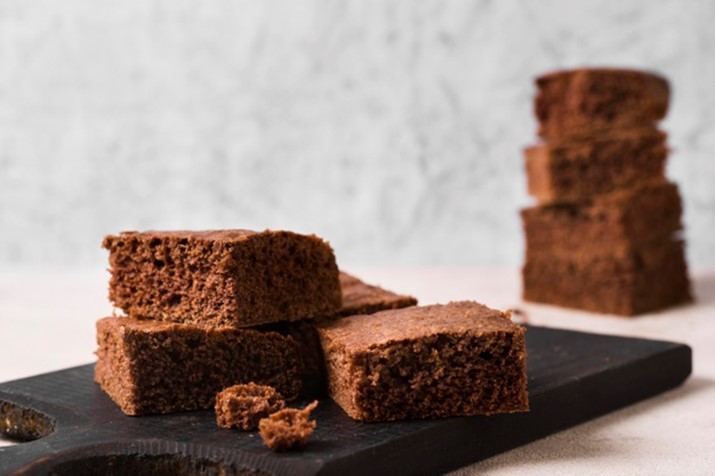The question arises: is it necessary to avoid gluten after a liver transplant? Let’s unravel this issue to determine if it’s a myth or a truth.
Does Eating Gluten Cause Harm?
For many people, gluten is not a problem. However, for those with celiac disease or gluten sensitivity, its consumption can trigger gastrointestinal issues and other symptoms. After a liver transplant, the importance of maintaining a balanced diet and avoiding potential complications related to food is emphasized.

Why Should I Avoid Gluten?
The primary reason to avoid gluten after a liver transplant is to prevent unnecessary gastrointestinal problems. Transplanted individuals often have suppressed immune systems, making them more susceptible to adverse reactions. Avoiding gluten can be a preventive measure to ensure optimal recovery and prevent food-related complications.
Does Gluten Damage my Liver?
In individuals without gluten sensitivity, it does not cause direct harm to the liver. However, for those with celiac disease, gluten intake can trigger immune responses that, in the long term, could affect liver health. In the context of a liver transplant, the importance of caring for this vital organ and avoiding factors that may compromise its function is highlighted.

Which Foods Contain Gluten?
Gluten is found in bread, pasta, cereals, and baked goods. Additionally, it can be hidden in processed foods and sauces. It is crucial to check labels and opt for gluten-free foods if deciding to avoid them after a liver transplant.
In summary, the relationship between gluten and a liver transplant is not an unfounded myth. While gluten does not directly harm the liver, its avoidance may be advisable to prevent gastrointestinal issues and ensure a complication-free recovery. As always, it is essential to consult with the medical team for specific guidance based on individual needs.














